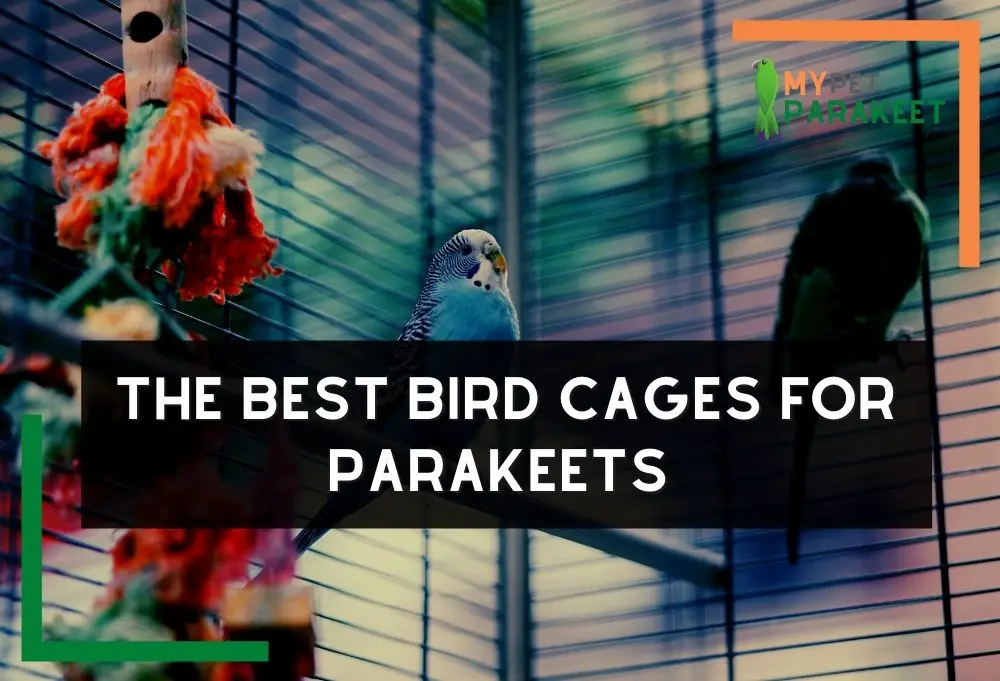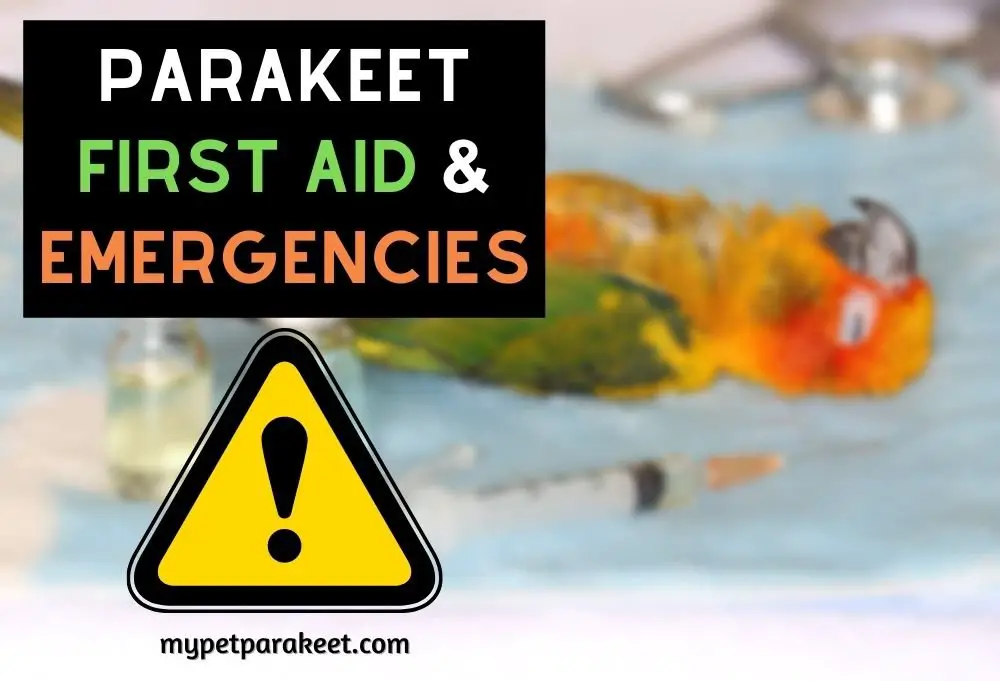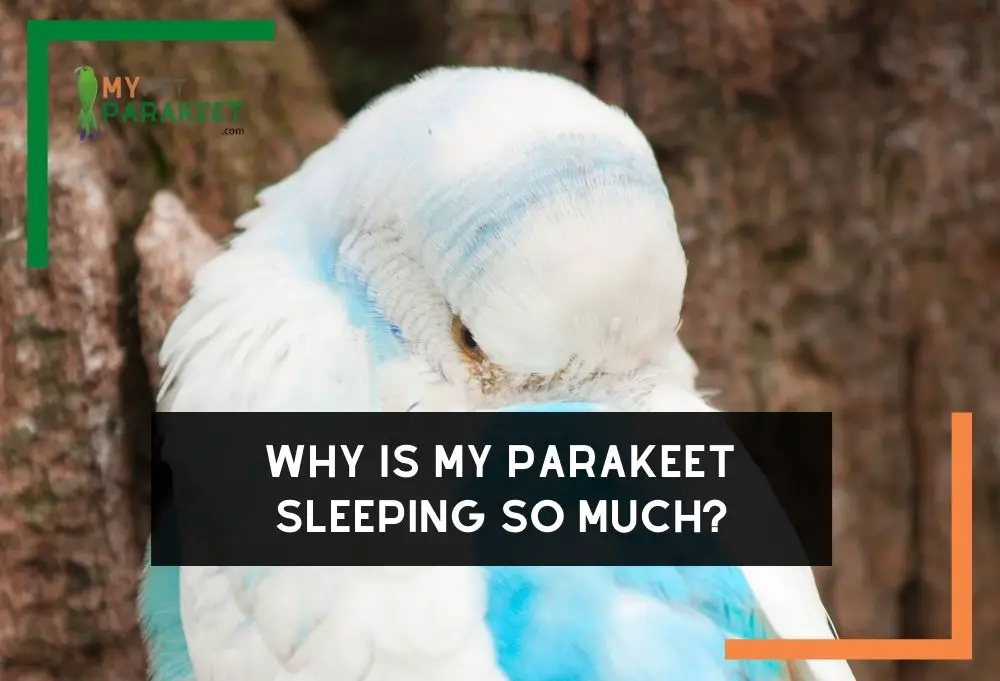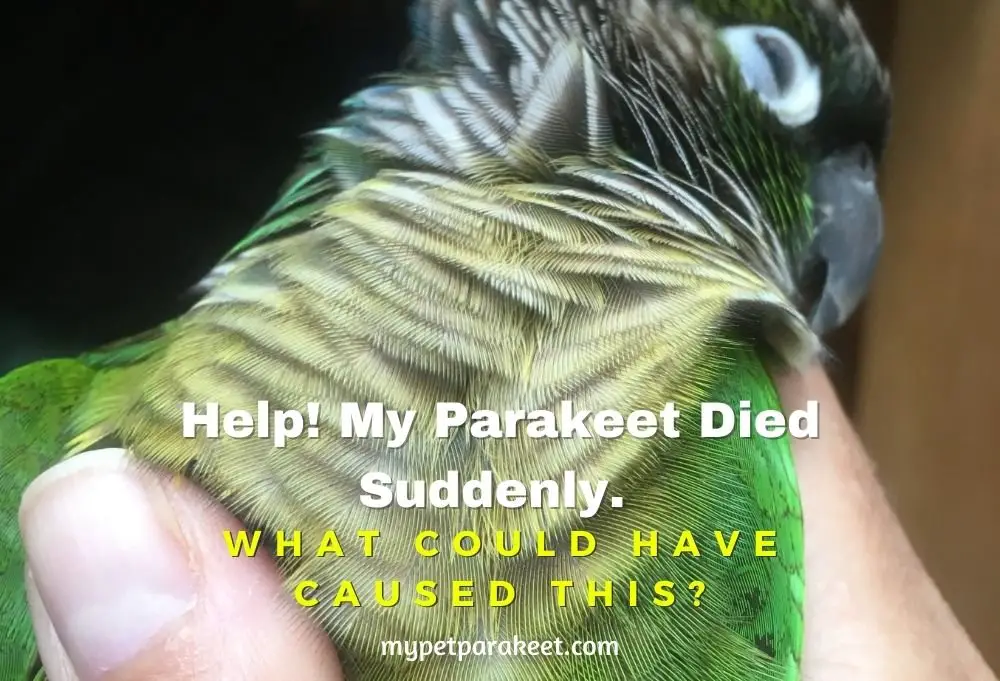So you were letting your parakeet out of its cage for some exploration and didn’t realize the window was open. Your worst fear comes true, and out goes the parakeet, flying away into the neighborhood! What do you do now?
If my parakeet flew away, will it survive?
Don’t fret, flyaways are very common amongst parakeet owners, and you can attempt to retrieve your beloved feathered friend.
Your parakeet may find plenty of food in the surrounding trees to sustain it until it is coaxed back home to you. One parakeet owner reported their parakeet returned home after four months!
What To Do If Your Bird Flies Away
1. Use Your Bond
If you have an existing bond with your parakeet, take advantage of this relationship. Call and whistle to the bird; if it is nearby, it may recognize your voice as its friend and come towards you.
If you have trained the bird to fly to your hand, present your hand to it and flaunt some of its favorite treats. Your parakeet may be scared by its unfamiliar surroundings and look to come to you for comfort.
2. Tempt It Home
If your parakeet isn’t responding to you, or it isn’t within sight, you can leave out all its favorite things. Your parakeet may not be scared, it may be having a lot of fun up in the trees, but as it gets dark and cold and its belly starts to rumble, it will look for its familiar items.
Leave the cage outdoors with the door open. Fill its food bowl to the brim and hang all its favorite toys. If your parakeet sees this, it may return home, where you can bring it back inside.
If your bird has a friend, position this bird close by so it can see and hear its buddy and come to socialize with it.
3. Spread The Word
If time moves on and your parakeet is not to be seen, the best option is to let your neighbors know. It’s common for a pet bird to get a bit lost and end up at someone else’s home; often, these people don’t know how to find the bird’s owner.
Doorknock around your immediate neighbors and let them know. Post all over your local Facebook pages and subscribe to their notifications in case someone else posts about a found bird.
There are also dedicated pet parrot websites to advertise lost birds, like this one.
How To Prevent Your Bird From Flying Away
1. Clip Its Wings
This is the most common way to prevent flyaways with pet birds. With clipped wings, they are physically unable to fly off! See this video here on an easy guide to clipping wings.
Wing clipping is a personal choice. Some owners don’t like to limit the flight of their pet birds. Do note that if you regularly clip wings, over time, your parakeet will lose its flight muscles and will not be as adept at flying if its wings were to be left to grow back out.
2. Bonding
To keep your parakeet from flying away, develop a deep bond and create trust with it. Regularly handle and train your bird so that it is comfortable and relaxed with you.
This way, it is less likely to fly away given a chance and more likely to return to you if it does get a fright and fly away.
Talk to your parakeet often so that it learns your voice. Your voice will become familiar and comforting to the bird, and it will respond positively to hearing you.
Playing with your parakeet often will make it like you more and soon consider you to be its safe space.
3. Keep It Contained
This tip is pretty self-explanatory. A sure way to prevent your bird from flying away is not giving it the opportunity to! If your bird has all its flight feathers intact, don’t let it go outside unrestrained, and it won’t be able to fly away.
If you still want to have some fresh air, you can harness train it so that you have it tethered to you, or you can simply let it hang out in its cage outside.
The Dangers Of Letting A Parakeet Fly Outside Of Its Cage
Fly Offs
This danger is something we have covered pretty extensively already. It’s important to take precautions when letting your parakeet out of its cage for some time.
Even if you let it out while contained indoors, there is always the risk of an unexpected open window or someone entering leaving an open door.
Predators

If exploring outdoors, there are all sorts of wild animals that could be a risk to your parakeet. Make sure you know what kind of wild animals lurk in your area.
Inside, the risk is being attacked by other pets. Make sure you contain other animals such as cats and dogs. If you allow them to socialize, there is always a risk involved, so make sure you watch them closely!
Sickness
Outdoors there are all kinds of different bacteria that your parakeet isn’t used to. Monitor your bird carefully to ensure it doesn’t eat anything it shouldn’t and become sick.
Inside there are also many things that may be toxic to your parakeet, including lots of common house plants.
Tips On Letting Them Explore Out Of Their Cage Safely
If you want to let your bird explore outside of its cage and learn its environment safely, these tips might help.
Training
If you spend a bit of time with your bird, you can train some simple behaviors that will give you some peace of mind when out exploring, such as:
- Harness training – to keep your bird restrained
- Recall training – to retrieve your bird if it wanders too far
- Station training – to bring your bird back to a point
Monitor
Always watch your parakeet when it is out of its cage! Most of the things that can go wrong will happen when your back is turned.
Preparation
Make sure windows are closed, other animals are far away, and toxic items are out of reach. When your bird is out and about, it can get from A to B very fast and can quickly get itself into some trouble.
If you prepare the area first, you won’t be racing your parakeet to the open window!
Conclusion: My Parakeet Flew Away Will It Survive?
If your parakeet does fly away, don’t panic and remain persistent. It can be very exciting at first for your bird to be in a new environment, but eventually, it will look to find its way home.
If your parakeet flew away, it has a high chance of surviving and returning home if all the right steps are followed. Your training and bonding are vital to ensure the safe return of a fly-away bird.












